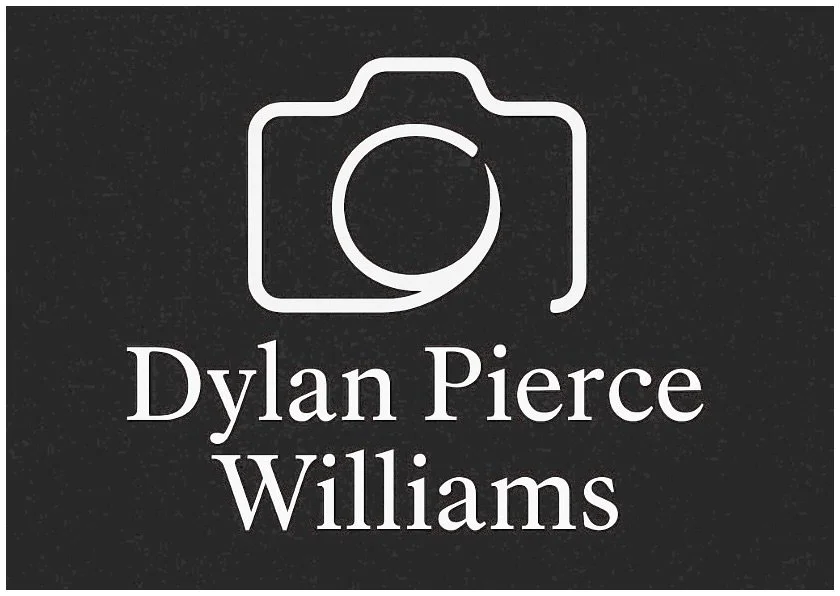Field of Isolation: Why This Work Matters
For a long time now, I’ve felt a deep responsibility to tell the story of farming in Wales through my camera. This project isn’t just something I’m working on, it’s something I feel.
I grew up on a small farm. I know what early mornings and long winters feel like. I’ve seen the quiet pride that shapes rural life, but I’ve also seen the isolation, the pressure, and the sacrifices that so often go unspoken.
My father has seen it all in his years of farming, as both a boy and a man. He’s weathered rash political decisions, shifting climate conditions, ever-changing tax rules, the burden of regulation, industry price controls, animal diseases, grants to tear down hedgerows and grants to replant them. He’s dealt with rural crime and watched farmers’ rights steadily erode. He’s witnessed life in all its forms, birth, growth, loss, again and again. All farmers have. It’s not just a job, it’s a calling, a way of life unlike any other.
My Taid and then my father turned many unfarmable fields into what became a working farm. Over the years, Dad held down full-time jobs while still running the farm to provide for us. He diversified long before it became the political buzzword it is today. He’s worked through pain and injury to keep the place going.
Three generations have cared for this farm, often against the odds. Those odds felt so unfair that they pushed me away from the industry, and even now, many years later, I still carry guilt for not following in their footsteps. I suspect I’m not alone in feeling that. I fear more and more children of farmers will feel that same guilt as it becomes harder and harder to carry on.
So what am I really trying to say?
Despite everything stacked against them, our farmers continue. They care for their animals, protect the land, preserve biodiversity, and support the rural economy, mostly unnoticed by the wider public.
Somewhere along the line, many have forgotten how hard life would be without the farming community. Worse still, many have forgotten the unbreakable link between Welsh farming and Welsh identity. They are one and the same. Our farmers and rural communities are fiercely proud of that connection, and rightly so. 82% of Wales is classified as rural. In effect, most of Wales is farming. That truth shouldn’t be ignored.
The next generation wants to farm. They want to continue the tradition and carry forward the knowledge passed down through blood, sweat and sacrifice. But the opportunity to do so is slipping away. And if that’s not addressed, the implications for our communities, and for Wales itself, are huge.
It’s not just ownership that passes down from one generation to the next. It’s knowledge of the land, deep, intimate knowledge you can’t teach in a classroom, program into AI, or write into government policy. It comes only from living it, from decades of experience and respect for the land. That is priceless.
While many governments in progressive countries are investing in agriculture, the UK is heading in the opposite direction. Without major policy changes, I fear the end of farming as we know it. Because of the lack of real dialogue with policymakers, farmers across Wales have been driven to take action, asking, pleading, to be heard. They’ve invited politicians to visit their farms and see the reality for themselves. So far, too many of those invitations have gone unanswered. And all the while, the challenges keep growing.
If we’re ever going to understand the real state of rural life, and learn from this turning point in farming history, we have to be willing to look. Really look. That’s why Field of Isolation matters. This photographic essay has a role to play, to show life on the land as it truly is. And once we see that truth clearly, it becomes a lot harder to look away, or to pretend the crisis isn’t real.
So if you’ve read this and feel the same urgency, or if you know someone I should speak to, please get in touch.
4/7/25
